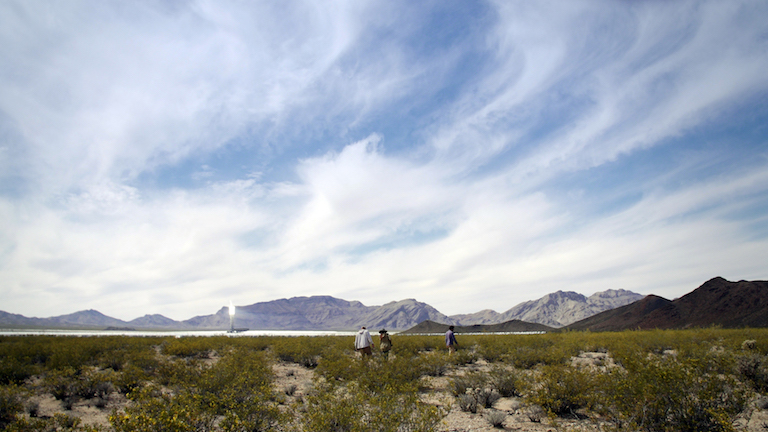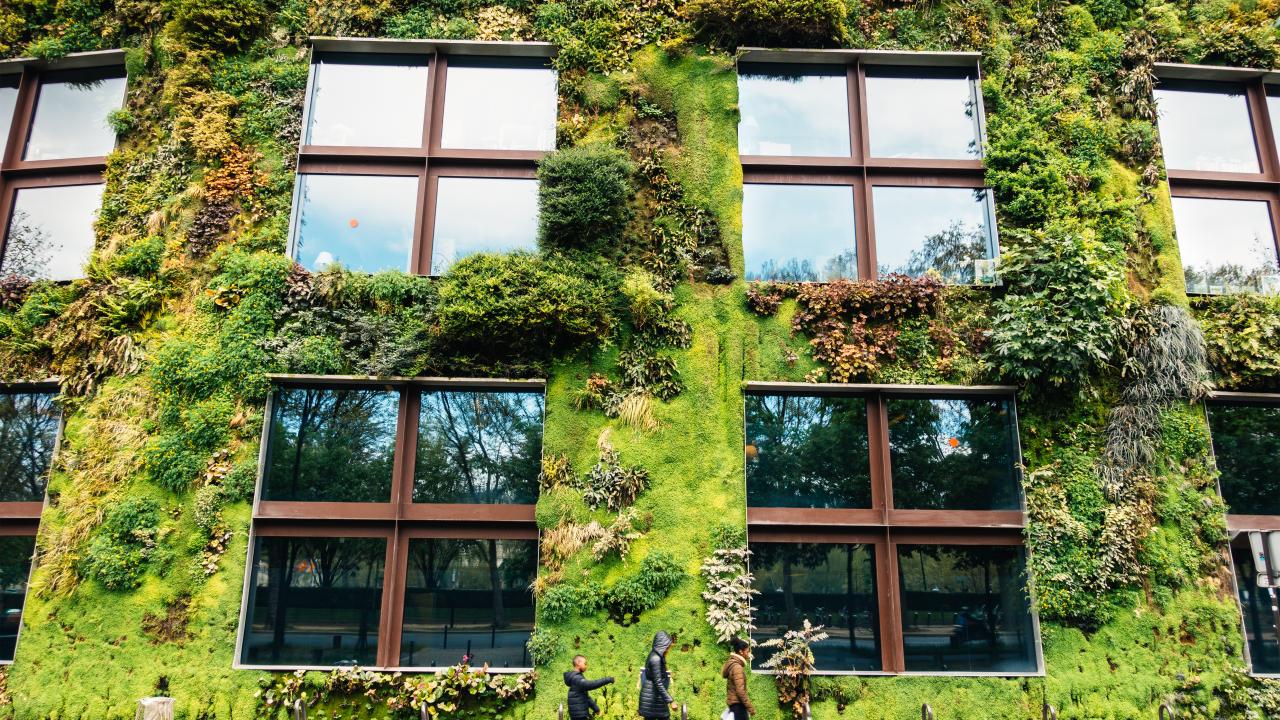As California gears up for the Global Climate Action Summit held in San Francisco this week, the University of California, Davis, participates in several solutions-based efforts to help sound science inform global climate actions.
UC Davis at the summit
UC Davis has organized five official affiliate events of the summit, one on campus in Davis and four in San Francisco.
A daylong symposium in Davis called “Managing Lands in a Changing Climate” is being held today, Sept. 10, at the Mondavi Center and is organized by the UC Davis School of Veterinary Medicine’s One Health Institute and the California Department of Conservation. The event intends to foster ideas, dialogue and action plans around the challenge of managing lands to maintain productive agriculture and how California can lead the way to new solutions. It will also look at strategies that balance population and planetary health needs.
“You can’t have healthy animals and healthy people without a healthy environment,” said Matt Blake of the UC Davis One Health Institute. “With this symposium, we’re getting together not to focus on problems but rather successes and solutions that can help people go out and take action.”
In San Francisco on Sept. 11-12, three UC Davis institutes — the Policy Institute for Energy, Environment, and the Economy; the Institute of Transportation Studies; and the Energy and Efficiency Institute — are hosting four affiliate events related to transportation and community resilience. These events bring people from academia, industry, government and nongovernmental organizations together to, as the summit’s slogan says, “take ambition to the next level.”
“Working together is humanity’s superpower,” said Austin Brown, executive director of the Policy Institute for Energy, Environment, and the Economy. “The world is at a pivotal point in the fight against climate change, and we hope these discussions can build collaborations at the city, state, and national levels.”
3 solutions to balance solar energy and wildlife
In the spirit of solutions, a feature story from UC Davis Strategic Communications offers three of them related to the question of “Can Solar Energy and Wildlife Coexist?” That multimedia feature and video is posted today as sponsored content online in The Washington Post, taking readers from the tortoises and butterflies of the Mojave Desert to the nation’s largest buildings.

Blog: ‘What Can I Do About Climate Change?’
The challenge of climate change can often feel daunting, if not downright depressing. Yet each person can take actions, big and small, to begin to slow or even prevent the worst impacts of climate change.
A new blog on the UC Davis Science and Climate website, “What Can I Do About Climate Change?” provides ideas, tips, tools and motivation for taking on climate change at the individual level. Intended for a general audience, it draws on the expertise of UC Davis scientists and the broader research community for informed ideas about how to better meet this global challenge and continue the momentum for addressing it head on.
Climate change experts list
Finding solutions involves a solid understanding of the problems and impacts of climate change, as well as a lot of research about what may and may not work. UC Davis has a deep bench of cross-disciplinary faculty digging into the challenge of climate change and its associated impacts, from the ice shelves of Antarctica and shores of the Pacific to the forests of the Sierra and soils of the Central Valley.
Many of them are now listed in UC Davis’ Climate Change Experts List. The list is subdivided into categories of wildfire and air quality, water, agriculture, energy and transportation, community resilience, wildlife conservation and infectious disease, and climate science and the atmosphere.
Media Resources
Kat Kerlin, UC Davis News and Media Relations, 530-750-9195, kekerlin@ucdavis.edu
Stephen Kulieke, UC Davis Institute of Transportation Studies, 530-752-2039, skulieke@ucdavis.edu
